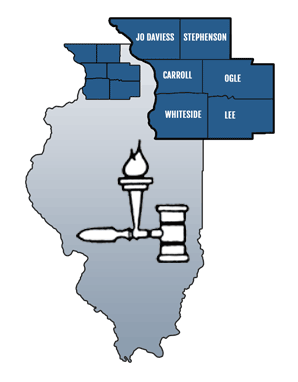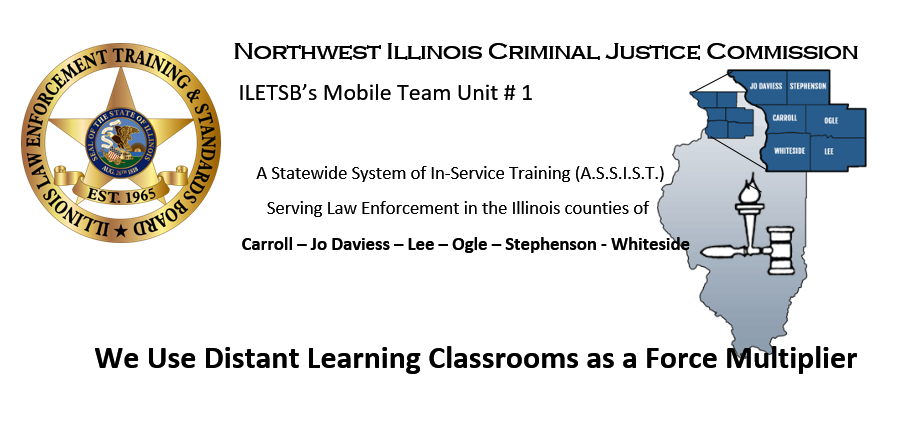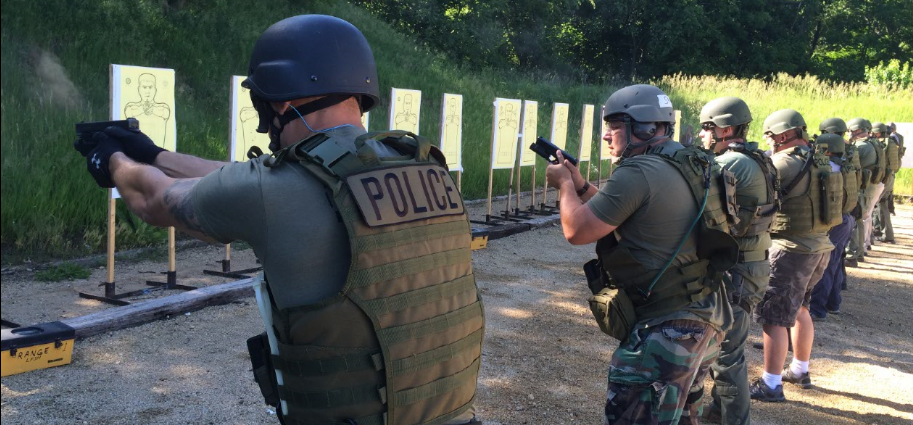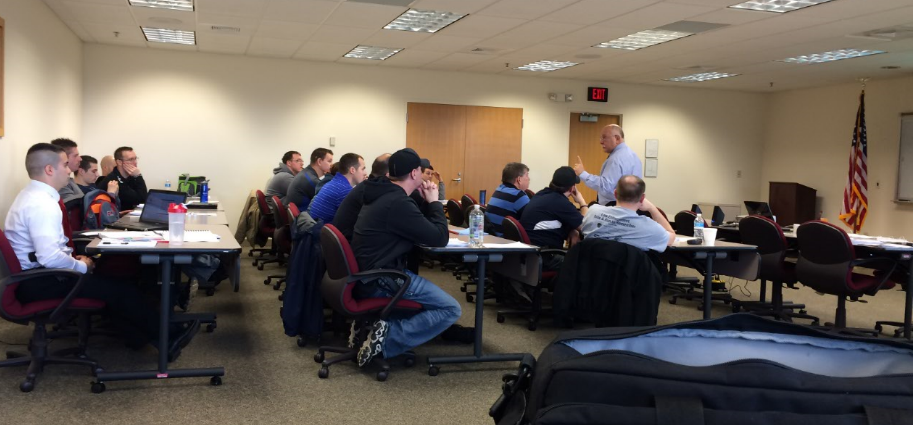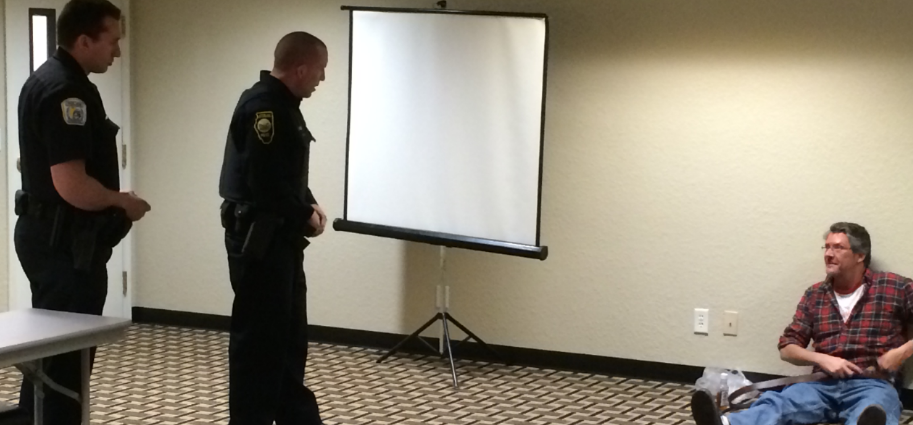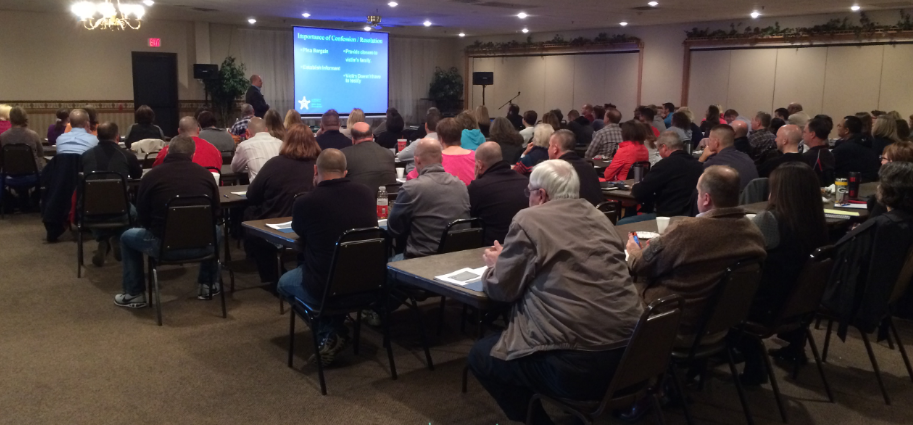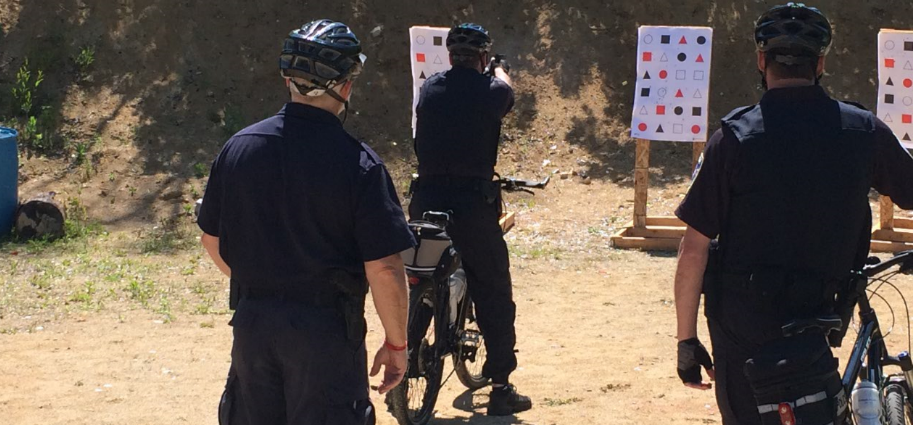16 hr. Legal & Best Law Enforcement Practices-Normal
Registration Deadline: Tuesday, September 26, 2017
Time: 8:00 AM - 4:30 PM
Heartland Community College
Normal, IL
Members' Fee: $0
Sworn Non-Members' Fee: $0
Non-Members' Fee: $0
DOWNLOAD FILE
This training is offered in cooperation with MTU8- Only five seats reserved
Objectives: Over the last two decades law enforcement agencies and individual law enforcement officers in the United States have been the subject of intense public scrutiny. The litigious condition of American society has been a key factor in this scrutiny. The very nature of police work i.e. use of force; high-speed driving and pursuits; and arrest, lends itself to complaints and lawsuits from those that law enforcement officers have contact with.
Law enforcement officers must have a working knowledge of the developing laws relating to police civil liability and discipline. Officers must be aware that they may be held accountable for decisions made by a court having jurisdiction over them. It is the developing law that guides police training, operations, individual conduct and operations. A failure to recognize the importance of this area of the law can lead to serious monetary consequences for individual police officers, supervisors, police executives and police agencies as a whole. In extreme cases, a failure to follow the rules set forth by the courts can result in criminal sanctions.
The course is structured in such a way as to assist officers and agencies in making an assessment of their particular level of risk-exposure by examining court decisions that have interpreted acceptable standards of conduct by officers.
Overview of the Legal Developments in Liability for Government Entities: The explosion of litigation against law enforcement officers and agencies over the last two decades is the direct result of decisions made by the United States Supreme Court. This segment offers participants, an overview of the liability exposure facing police in today’s society and provides the historical background of the law’s development.
Tort Law and the Police: In addition to civil rights claims against officers, claims alleging a violation of state tort law seeking money damages are often brought against officers and departments. This portion of the program is designed to give participants a general understanding of the types of claims that are generally brought against officers and agencies.
Use of Deadly and Non-Deadly Force: Perhaps the most critical task from the standpoint of liability exposure for law enforcement officers is the use of force. This segment will examine the most contemporary cases on the use of force as well as the foundation cases of Tennessee v. Garner and Graham v. Connor in order to provide an updated understanding on acceptable use of force standards. This segment will include case studies on pepper spray; positional asphyxia; less-lethal weapons and police K-9s. Participants will also be presented with the developing law relating to review of police actions leading up to the need for deadly force that may be sufficient to find liability notwithstanding the reasonableness of the use of deadly force at the moment of its use.
False Arrest/Malicious Prosecution/Seizure of Persons and Property: This part of the program will focus on cases where the arrestee has not been injured by a use of force but nonetheless claims a violation of rights based on an interference with his or her person or property. This segment incorporates the latest developments in the area of “racial profiling” as it relates to liability.
Duty to Protect/Public Duty Doctrine: An area of the law is often misunderstood involves the belief that government actors and the police have an absolute obligation to protect citizens from harm caused by intervening third parties. Since the U.S. Supreme Court’s decision in Deshaney v. Winnebago County it has been clear that, except under limited circumstances, law enforcement officers have no affirmative obligation under the Constitution to protect citizens. This segment will examine the existing law as well as the exceptions that may expose an officer and his or her agency to liability.
Arrestee Suicides/Medical Needs of Prisoners: Law enforcement agencies have a duty to protect persons who are involuntarily detained. This duty extends to arrestees who may attempt suicide as well as detainees that have medical problems that are exacerbated by the failure to provide medical treatment. This part of the course will examine, by a review of cases, the duties of officers and agencies with respect to such detainees.
High-Speed Pursuit and Emergency Vehicle Operation: Although the Supreme Court severely limited the exposure of liability for high speed pursuits as a Civil Rights matter in Lewis v. Sacramento, there continues to be an onslaught of public scrutiny and state tort litigation over pursuits and emergency vehicle operation. This segment will examine Lewis v. Sacramento as well as some of the high-profile policy changes that have taken place in an effort to understand the extent of liability with respect to this critical task in policing.
Liability of Supervisors: Quite often first line supervisors are named as defendants in lawsuits even thought they have no direct involvement in the event itself. It is easy to understand liability for decisions that directly impact the conduct at issue, for example an order by a supervisor to use deadly force. Perhaps more difficult is cases where a supervisor is named as a defendant for his or her general failure to supervise. This segment focuses on the liability of supervisory personnel.
Agency Liability: This segment will focus on cases that establish the necessary elements for agency liability in the civil rights arena as well as the general requirements of state tort law.
Risk Assessment/Risk Reduction: This portion of the course will examine existing concepts in risk assessment and risk reduction for agencies. It is sometimes said that the best defense is an offense; agencies must be pro-active when it comes to liability exposure.
Qualified Immunity: Police officers and all government actors can avoid liability for civil rights violations where it can be shown that the law relating to the officer’s conduct was not clearly established at the time the conduct was committed. This segment examines the current law on qualified immunity as it relates to law enforcement officers.
New Legal Trends in the Area of Police Liability: The final segment will examine the latest types of claims, defenses and other issues facing the law enforcement community with respect to liability. Due to the nature of law enforcement, this particular segment is constantly evolving.
REGISTRATION:
All registrations are received on the MTU#1 website. If you register for this class via PATC or MTU8, MTU1 will not be able to cover your tuition. Find Registration instructions here
THIS IS NOT A PUBLIC MEETING
The Instructor- Shaun Santos, Attorney
Sgt. Santos has been a law enforcement officer for 20 years, with over 15 years’ experience as a Narcotics Detective. He has extensive experience working with the Drug Enforcement Administration conducting electronic surveillance investigations in to the Drug Trafficking Organizations.
Shaun is currently assigned to the DEA’s Financial Investigations Team (FIT), anti-money laundering group, responsible for conducting large international money laundering investigations.
He has experience with foreign and domestic money pick-ups, international bank wire transfers, familiarity with Black Market Peso Exchange, and Attorney General Exempt Operations (AGEO), allowing for the laundering of drug proceeds in furtherance of narcotics investigations. Shaun has received his Bachelor Degree in Criminal Justice, University of Massachusetts, Lowell, MA; Masters Degree from Anna Maria College; and Juris Doctorate from Suffolk University Law School.


